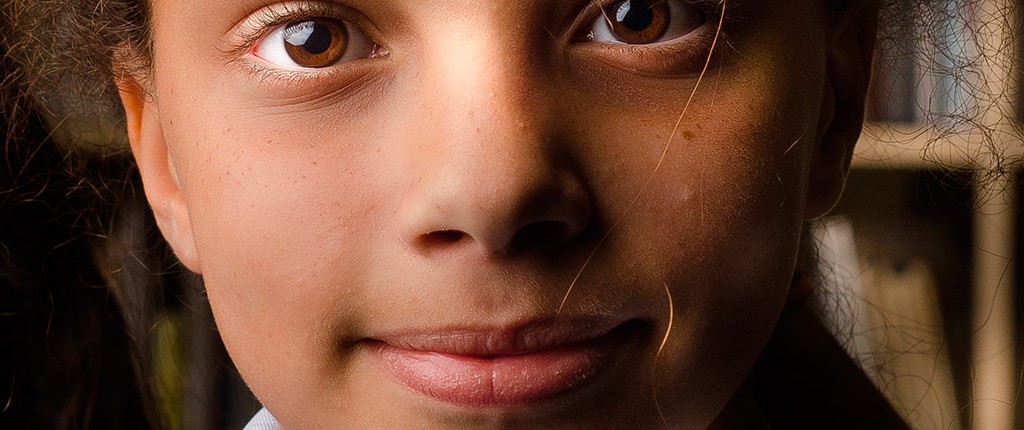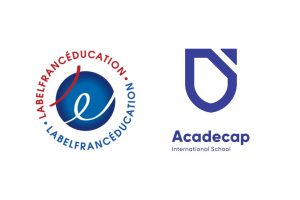Every student deserves to be challenged
How we apply differentiated learning
Differentiation
At AcadeCap, differentiation is acknowledged as a sound teaching practice applicable to all students. It is important to ensure that each individual is supported to make the most effective use of the range of learning opportunities available. Teachers use a variety of activities and resources in order to match the learners’ potential, learning style, development and goals. We consider it essential for all students to have an understanding of their own capacities, so that they may be able to self-advocate independent learning skills within the PYP, MYP, the OSSD, and beyond.
The open-concept space and the small class sizes at AcadeCap allow for a great deal of flexibility and opportunity to differentiate. To accommodate the learning needs and the potential of each and every student, including the visually impaired, all teachers (homeroom and specialist) and early childhood educators get to know their students, adjust their own teaching strategies, as well as their schedules. Teachers apply their understanding of conceptual learning, Bloom’s Taxonomy and of Multiple Intelligences, to ensure that all types of intelligences are respected and that in-depth thinking is achieved.
The Gifted Learner
Gifted and talented students are well served by the PYP and the MYP’s concept-driven curricula and the global perspectives’ approach allowing for connections between the real world and classroom learning. Furthermore, the thinking-skills component based on Bloom’s taxonomy, and intrinsic to the IB conceptual curricula, provides an intellectual and academic challenge to the intellectually gifted learner.
The ESL and/Or FLS learner
Geographically mobile students, newly enrolled at AcadeCap, benefit from an English and/or a French as a second language approach focussing on providing the language to succeed academically.
The Visually Impaired and Blind Learner
Continuous collaboration between all teachers and assistive technology enable the visually-impaired or blind to learn at AcadeCap. Visually-impaired students are taught Braille with a blind instructor. Subject teachers have access to AERO, Alternative Education Resources Ontario to support the learning and the Ontario curriculum.
The Learner with Fine-Motor Differences
Students who exhibit fine-motor differences have a laptop or/and a tablet with applications that enable them to support their learning, to facilitate putting thoughts down in print or audio and to complete their assignments. Applications such as Word Q or Speak Q are used.
The Learner who Moves
Freedom of movement allows students to continue to learn kinaesthetically. Students who are constantly on the move are allowed to do so, learning not to hinder others in their learning. Students who need to listen and work standing up, can do so.
The Learner who Learns Remotely
Académie de la Capitale offers flexible schedules for students who participate in extra-curricular competitive level activities, such as dance, hockey, singing, skiing, and other.
The students who travel can keep on learning and join their classmates via video conferencing. AcadeCap teachers are pros at this approach as they have been doing this…before SKYPE was SKYPE.
Reach Ahead
Under exceptional circumstances, an individual student in Grade 8 may be given permission to “reach ahead” and take secondary school courses during the school year, as well as to start earning community involvement hours prior to entering Grade 9.

